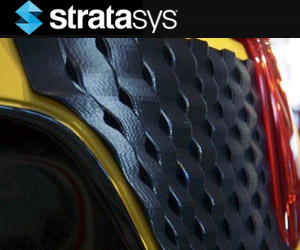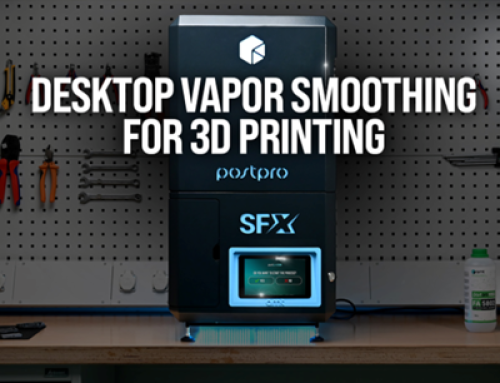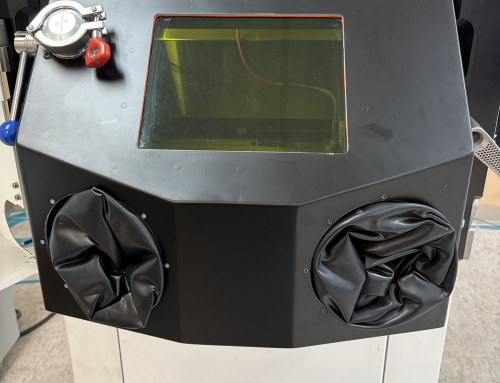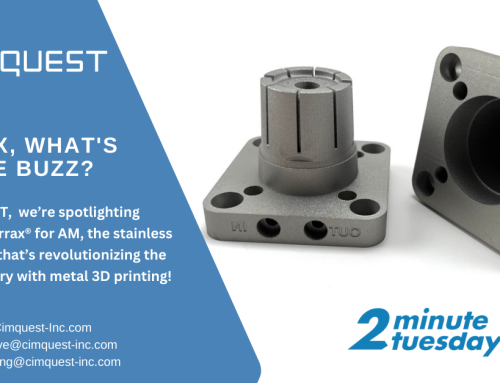Daihatsu Motor Company, known for manufacturing compact, lightweight cars, will offer customers customized design elements for car exteriors. Customers will be able to customize their Copen Convertibles with Stratasys 3D printed effect skins. Stratasys FDM 3D printing technology was used to “build” these three-dimensional patterns, called Effect Skins, for the front and rear bumpers of Daihatsu’s Copen 2-door convertible. “Using Stratasys 3D Printing technology to customize and supply parts to customers and to allow self-expression within a single car is, I believe, a first,” said Osamu Fujishita, General Manager, Corporate Planning Department, Brand DNA Office, Daihatsu Motor Co., Ltd.

Daihatsu Copen owners will be able to choose from 10 Stratasys ASA 3D printing material colors and 15 base patterns to create their own signature designs.
The auto experts at Daihatsu collaborated with designer Kota Nezu and 3D modeling artist Sun Junjie. Nezu’s firm, Znug Design, manages planning and design for industrial products, such as cars and motorcycles. Junjie has had extensive experience in fashion, as well as a deep understanding of what Stratasys 3D printing solutions have to offer, but had never worked with the automotive industry. The pair developed more than a dozen base patterns of Effect Skins in 10 different colors; customers can tweak the geometric patterns for truly unique signature designs for their car’s exterior.

Examining an Effect Skins 3D Printed on the Stratasys Fortus 450mc Production 3D Printer.
Nezu and Junjie explained that there were many benefits of working with Stratasys beyond the technology itself. Stratasys application engineers made suggestions throughout the development process and provided expertise on both the technology and material capabilities. “It’s much more than Stratasys producing something that we requested. We think of ideas together to make things work better to reach the final goal,” Nezu said. “We can form that sort of a team with them. That’s one of the biggest benefits.”
Bringing customers into the design process is a great draw for Nezu. “What really interests me is making cars even better, more enjoyable products for their customers,” he said. “That’s where I sense a lot of possibility—cars could become more open-source products where the customer or a third party can come in and help make the automobile industry more customizable.”

Designer Kota Nezu (on right) and 3D modeling artist Sun Junjie.
Daihatsu 3D printed the Effect Skins in ASA thermoplastic, which is durable and enables thin, sturdy walls. The ability to quickly 3D print and test design concepts and iterations allowed Junjie to experiment with many different designs and try and test numerous styles quickly.
Mass production of parts, a traditional manufacturing method of reducing costs, takes advantage of economies of scale. But Stratasys’ participation in the Effect Skins project means that certain parts can be personalized on-demand while remaining cost-effective. “We believe on-demand production with 3D printing offers definite benefits to supply chain efficiencies and allows easy access for customers,” Fujishita said. “So we see it as essential in growing the market for these products and that’s how we are moving forward.”
Watch the Daihatsu video case study below.
For more information on our Stratasys line of 3D printers, please click the button below.








Leave A Comment